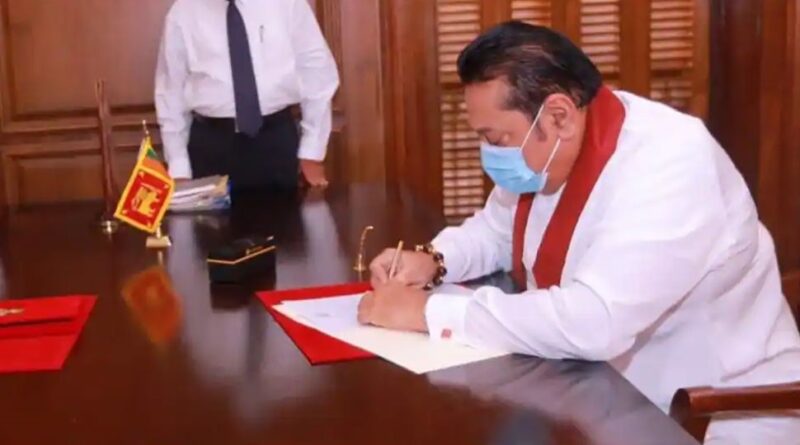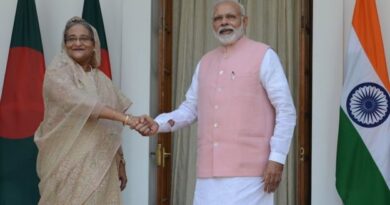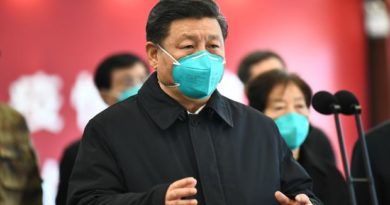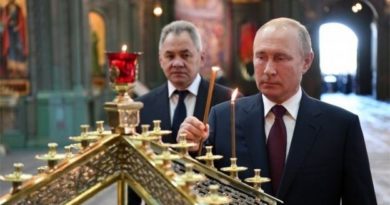Mahinda Rajapaksa becomes the fourth Prime Minister of Sri Lanka, sworn in Buddhist temple
The 74-year-old leader of the Sri Lanka People’s Party was administered the oath of office for the 9th Parliament by his younger brother and President Gotabaya Rajapaksa at the Holy Rajmaha Viharaya in Kelania.
Former President of Sri Lanka Mahinda Rajapaksa has been sworn in as the Prime Minister of the country on Sunday at the historic Buddhist temple. The 74-year-old leader of the Sri Lanka People’s Party (SLPP) was administered the oath of office for the 9th Parliament by his younger brother and President Gotabaya Rajapaksa (Gotabaya Rajapaksa) at the Holy Rajmaha Viharaya in Kelania. At the same time, cabinet ministers, state ministers and deputy ministers can be sworn in on Monday.
Mahinda Rajapaksa has completed 50 years in parliamentary politics in July this year. He was elected MP in 1970 at the age of just 24 years. He was then elected President twice and appointed Prime Minister three times. The Mahinda Rajapaksa-led SLPP won a two-thirds majority in Parliament, winning a landslide victory in the August 5 general election. On the basis of this majority, she will be able to amend the constitution which will further strengthen the powerful Rajapaksa family’s hold on power. Mahinda got more than 5 lakh personal preference votes. For the first time in electoral history, a candidate has received so many votes.
Let the SLPP win a total of 150 seats in 145 constituencies with his allies, which is equivalent to a two-thirds majority in the 225-member house. The Rajapaksa family has dominated in Sri Lankan politics for over two decades. It also includes the founder of SLPP and its national convenor, 69-year-old Basil Rajapaksa, 71-year-old Gotabaya Rajapaksa and younger brother of Manhida Rajapaksa.
Mahinda Rajapaksa has previously been president for a decade from 2005 to 2015. President Gotabaya Rajapaksa won the SLPP ticket in the presidential election held in November. In the parliamentary elections, he wanted to get 150 seats which were necessary to amend the constitution. These changes included repeal of the 19th Amendment of the Constitution which restricts the powers of the President while strengthening the role of Parliament.
Already, there is less scope for disagreement and criticism in the island country, worried activists fear that the move will not lead to autocracy. The biggest loss in these elections was to former Prime Minister Ranil Wickremesinghe’s United National Party (UNP), which won only one seat.




